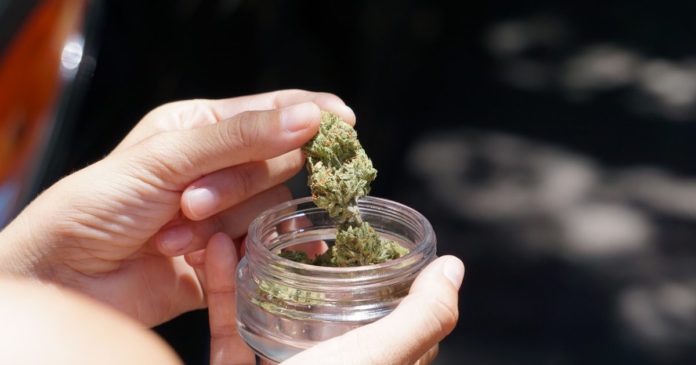Vermont Governor Phil Scott has allowed some quite significant medical cannabis reform legislation (HB 270) to become law – but without his signature.
HB270 sees the number of cannabis plants qualified patients can grow at home boosted from nine to twelve. Additionally, previously no more than two home-grown plants could be mature, but that has been lifted to six. HB270 also increases the amount of THC (tetrahydrocannabinol) in a single serving medical cannabis product from 50 milligrams to 100 milligrams.
The law also expands medical cannabis access to patients with post-traumatic stress disorder (PTSD); adding to the list of qualifying conditions that includes cancer, multiple sclerosis, HIV or AIDS, Glaucoma, Crohn’s disease and Parkinson’s disease. HB 270 also increases the total number of patients that a caregiver may serve at any one time to two.
Among other changes, one of the more controversial aspects of HB 270 was the bill repealing the sunset of the Cannabis Control Board (CCB) – and this appears to be what triggered Governor Scott to withhold his signature. The CCB is responsible for implementing and regulating a safe legal market for adult use of cannabis in Vermont; and it has significant powers.
“As an independent entity, the CCB regulates a multi-million-dollar industry with no oversight,” Governor Scott said. “Again, while I have complete confidence in the current CCB, this lack of oversight creates the risk for future mismanagement, conflicts of interest and other harmful impacts.”
So, why did Governor Scott allow the bill through? He says current law does not “not withstand” applicable law that stipulates members of the CCB serve at the pleasure of the governor.
“For this reason, I’m letting this bill go into law without my signature because I’m confident the members of the CCB, and hopefully the Legislature, will work with me to pass legislation to make the modifications necessary to clarify the statutory authority of the CCB is constitutional.”
It was way back in 2004 when medical cannabis was initially legalized in Vermont, with access first expanded in 2007. This was followed by de-penalizing adult-use cannabis possession in 2018 and then legalizing retail production and sales in 2020. State licensed medical cannabis dispensaries began selling retail products to adults on May 1, 2022, and retailers commenced sales in October 2022.
HB270 immediately became law without the signature of the Governor on June 14, 2023.


